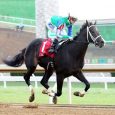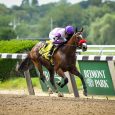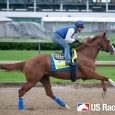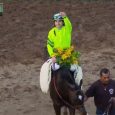
Casino de Monte Carlo
Today we are going to take a very brief look at the hot-hand fallacy and the gambler’s fallacy.
Picture this: You are at your local racetrack or OTB observing a day of races as they take place throughout the United States. The big race that day is going down at Santa Anita where you like number three to win race eight, which is the day’s main event.
Being the big ticket casher you are, there is only one bet way your steed — the pick-4!
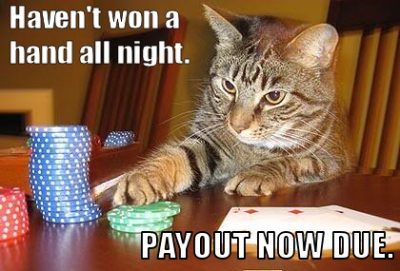
(Photo via static.topyaps.com)
Races six and seven come and go, with number three winning both races. Could post position three be particularly strong today? What does this mean for your fancied number three in the feature race?
Well, your crazy brain might try to lead you one way or another as to whether or not the number three winning the past two races improves or hurts your chances of cashing.
The cold, hard truth is that it means absolutely nothing, as each of these races are independents events that do not impact each other.
The gamblers fallacy is the erroneous belief that if, during some period of time, an event occurs more or less often than expected, it will do the opposite in the near future — for the sake of balance.
This simply isn’t the case. In fact, you can prove it by flipping a (fair) coin. If you get two identical results — two heads in a row or two tails in a row — record the result of your next flip. You will find that, over a large sample size, the chance of the coin landing on heads or tails is exactly the same. In other words, the two prior, identical flips have absolutely no bearing on the third toss.
It’s important for gamblers that want to achieve success to recognize and understand this principle.
OK, that was easy enough, right? Let’s talk about the hot-hand fallacy now.
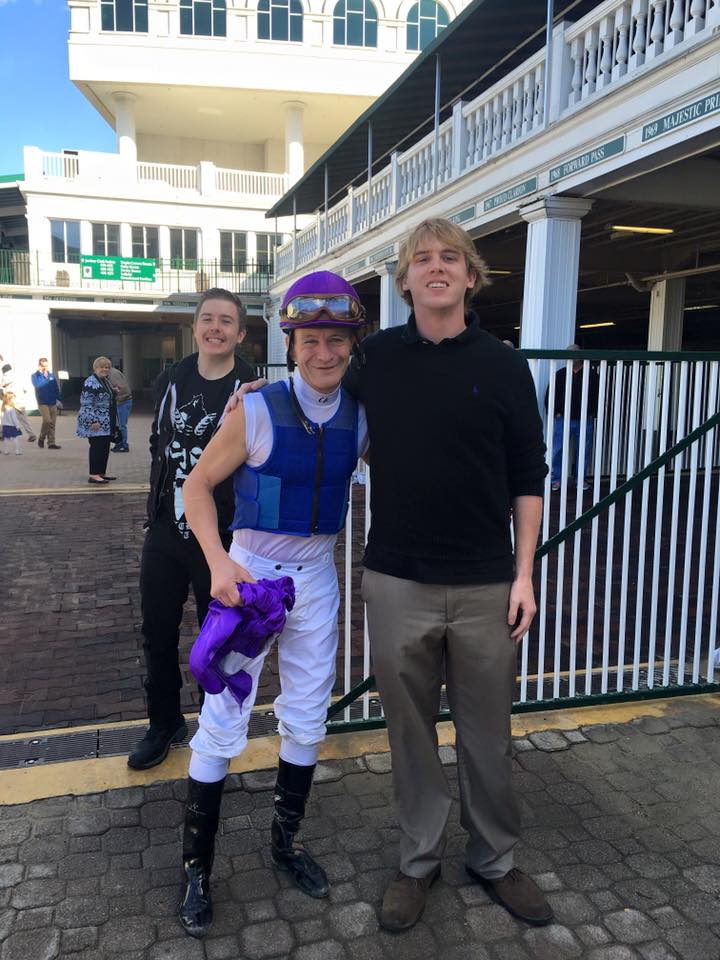 On July 5, 2007, jockey Calvin Borel won a whopping six races in a row at Churchill Downs.
On July 5, 2007, jockey Calvin Borel won a whopping six races in a row at Churchill Downs.
I remember this time period very well.
Borel was getting all the best mounts and was fresh off his first Kentucky Derby win with Street Sense. One by one by one, each race would go by and Calvin just kept on winning. Many bettors whispered that Borel had the hot-hand and couldn’t be counted out of any race he was in.
This is largely true, but it was true because he was getting put on the right horses.
The hot-hand fallacy is the fallacious belief that a streak of good luck means the participant — in this case, Borel — has a better chance than normal to continue that success. This fallacy also applies to athletes or teams that are “cold.”
The perception that a trainer or jockey is “hot” or “cold” has serious psychological effects, not only on bettors, but on the jockeys and/or trainers as well.
After being named Sports Illustrated’s Sportsman of the Year in 1977 and winning the Triple Crown aboard Affirmed in 1978, jockey Steve Cauthen went 110 straight races without winning a single race.
“I can’t explain it,” Cauthen said when his losing streak reached 75. “Nothing is going right. Every jockey goes through slumps, but I don’t understand why this one keeps going.”
Still, the ability to recognize the falseness of this belief places bettors in a great position to capitalize on overlays and underlays created by the bets of their misinformed competition.
Careful, thoughtful consideration is the only way to bet horses with the expectation of long-term success.

